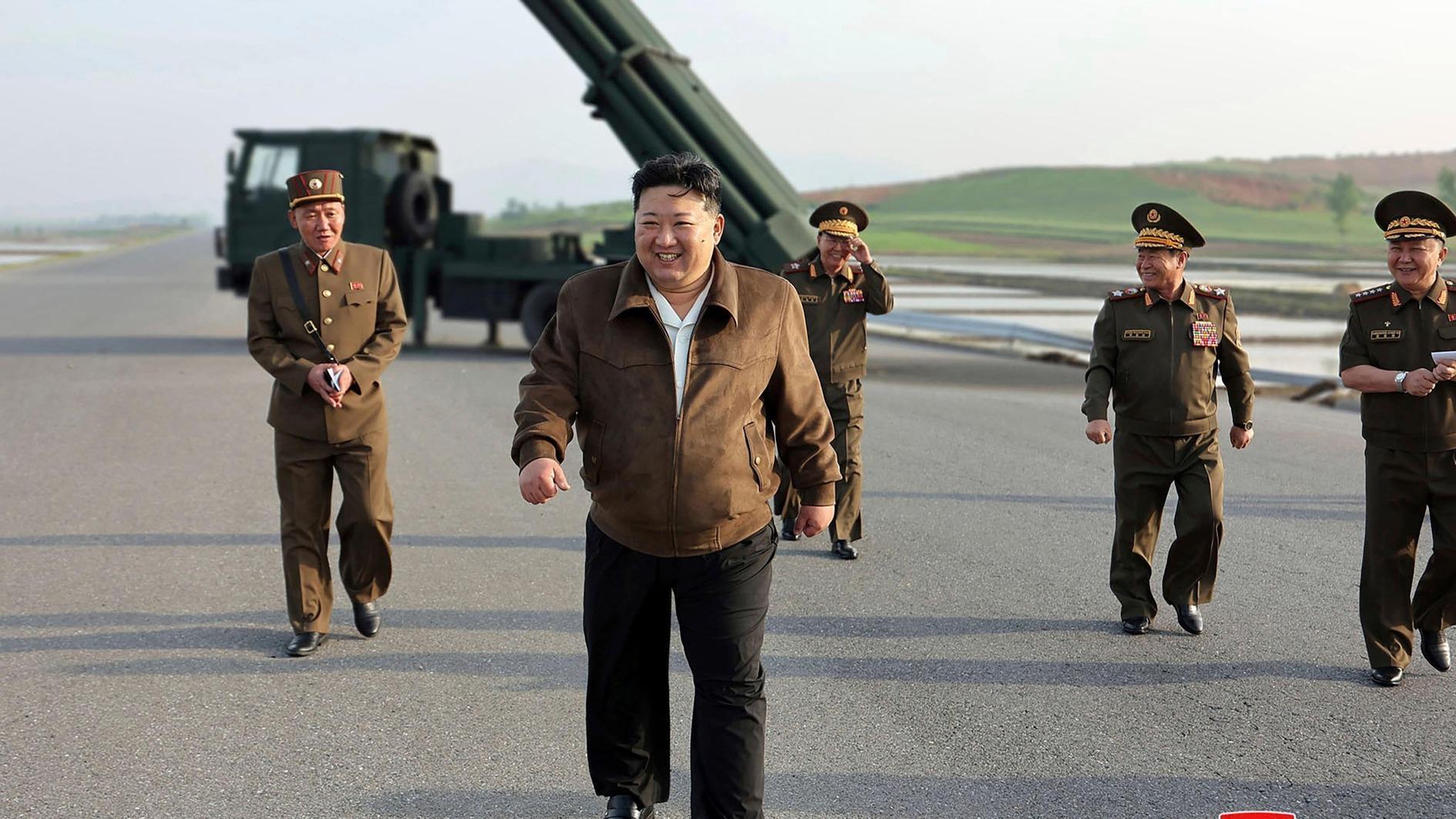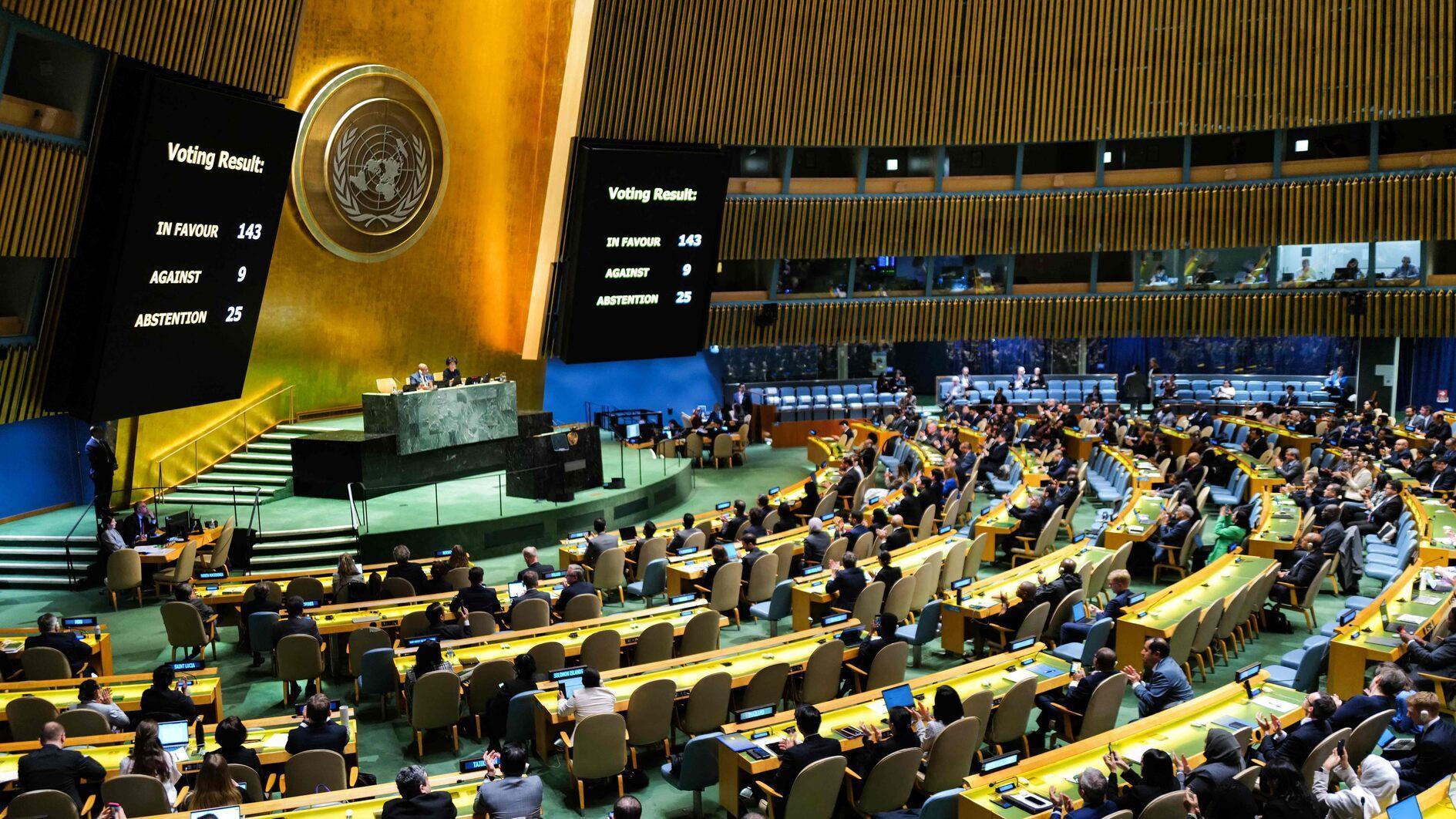Too late for reforms
Important politicians – including the leaders of problem-free countries – prominent economists and the heads of international institutions are all advising troubled eurozone countries to enact reforms. However, historical facts indicate that reforms can be prepared, planned and realized only in normal times. It is almost impossible to implement dramatic changes in economic, social and political structures in the middle of a serious recession.
These reforms are expected to ease the pains of the crisis, support crippled industries, create new job opportunities and even strengthen democratic rule. However, there is a very important question: If it is too late to act, can the reforms advised be as effective as desired?
Partial and delayed reforms are every country’s (including Turkey’s) problem.
The recent crisis reminds us that if there is no agreement among leading economies on a complete reform package to prevent a new worldwide recession, it will be impossible to avoid that expected disaster.
Besides political problems, there are, of course, some technical difficulties in designing such a package. To end a recession, it is necessary to stimulate total demand through somewhat loose fiscal policies. At the same time, however, it is necessary to check the increase in public expenditures in order to prevent the emergence of a new inflationary process. Managing these two contradicting policies in a harmonized way is very difficult. The remote control, of course, is in the hands of governments and central banks. The problem is whether the remote control functions properly.
The first test results during the very beginning of the recent crisis were not bright. First of all, the rehabilitation of the total demand was delayed despite stimulus programs. If the same malfunction is repeated once more with the implementation of recent stimulus policies, the beginning of a new inflationary era will become inevitable. The first signs of this are already being observed in some European countries.
The definition and the scope of a meaningful reform package must not be altered according to different political interests, especially among leading economies. People might show strong reactions to some reforms. To soothe people’s anger, it is better to openly explain the difficulties and problems which they could face if these reforms are obstructed.
Nowadays, almost all Western governments not only have economic problems, but also serious domestic and international problems in the political sphere. Although there is no detailed information, it is not difficult to guess that the governments in some emerging countries must also have similar problems. As a result, realistic steps from these governments, as well as meaningful tolerance from the people might not be expected, particularly in the near future. It means that in the short run, only partial reforms will be on most governments’ agendas instead of full packages.
One last note: Is it possible to imagine that one day, when this crisis ends, politicians in today’s troubled countries will try to implement necessary reforms this time without delay? No hope. Historical evidence indicates the opposite.










